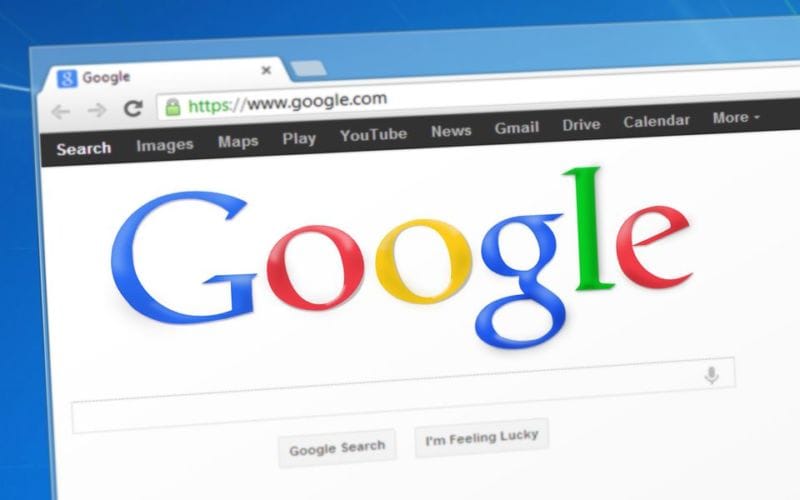Exasperated US senators harshly criticised representatives of Facebook, Twitter and Google at a hearing today for not doing more to prevent Russian agents interfering with the American political process as early as 2015.
At one point, Senator Al Franken shook his head after he couldn’t get all the companies to commit to not accepting political ads bought with North Korean currency.
The hearing by a subcommittee of the Senate Judiciary panel was moved last week into a cavernous hearing room usually reserved for high-profile events like Supreme Court confirmations.
About 50 people waited to get in as senators fired pointed questions and waved at cardboard displays of outrageous ads.
“People are buying ads on your platform with rubles. They are political ads,” Franken fumed. “You put billions of data points together all the time. … Google has all knowledge that man has ever developed. You can’t put together rubles with a political ad and go like, ‘Hmmm, those data points spell out something pretty bad?’ ”
Technology company representatives fumbled at points. After Franken pointed out foreign spending on US political campaigns is illegal, Google’s director of law enforcement and information security, Richard Salgado, replied only that the search giant would refuse political ads paid with foreign currency “if it’s a good enough signal on illegality.”
“In hindsight, we should have had a broader lens,” said Facebook’s general counsel, Colin Stretch.
The companies all pledged to do more and politely said they understood the seriousness with which lawmakers are taking the question of Russian meddling.
Senator Amy Klobuchar pressured the representatives to support her “Honest Ads” bill, which she is co-sponsoring with Sen. Mark Warner and Sen. John McCain, and which would bring political ad rules from TV, radio and print to the internet. She dismissed pledges from the companies this week to be more transparent about political ads as an unenforceable “patchwork” of self-policing.
“We’re not waiting for legislation,” said Stretch, before Klobuchar cut him off and repeated her demand for a yes or no answer.
“We stand ready to work with you and your co-sponsors on that legislation going forward,” Stretch replied, echoed by Twitter’s and Google’s representatives.
Louisiana Senator John Kennedy browbeat Stretch into admitting that Facebook had no way of knowing the true identity of all of the 5 million advertisers that use its platform every month.
“Of course, the answer is no,” Stretch said.
The hearing, the first of three this week in which the three tech giants face a public grilling, comes amid the increasing pace of investigations into the Trump administration’s possible link to Russia.
Court papers unsealed yesterday revealed an indictment against President Donald Trump’s former campaign chairman, Paul Manafort, and a guilty plea by another adviser, who admitted to lying to the FBI about meetings with Russian intermediaries.

